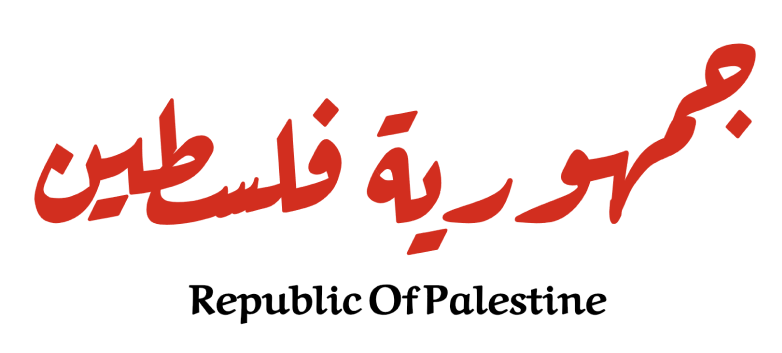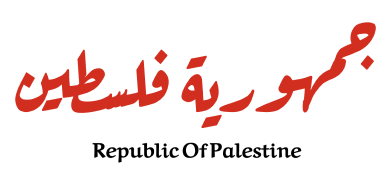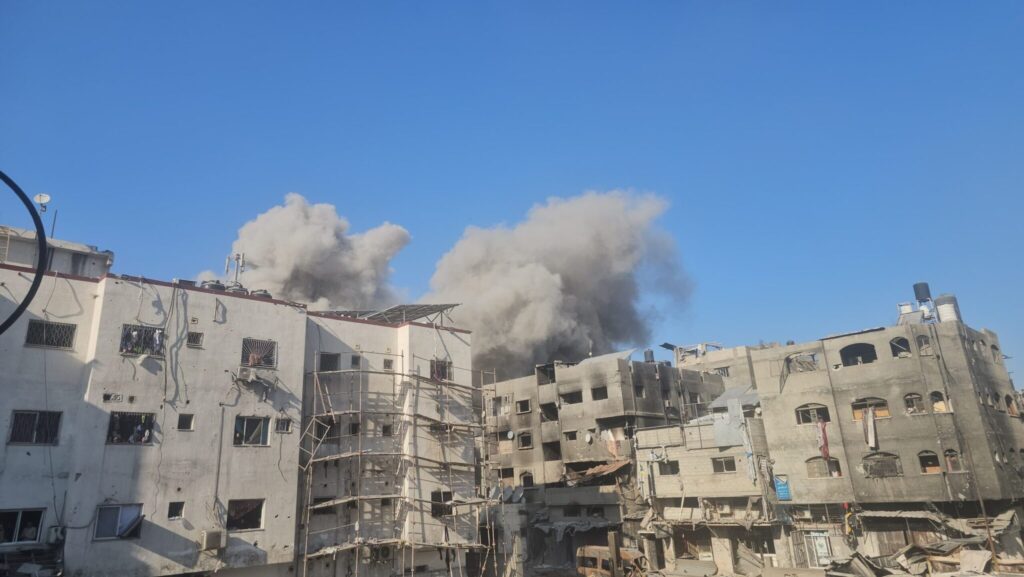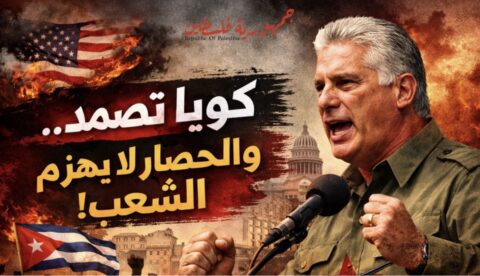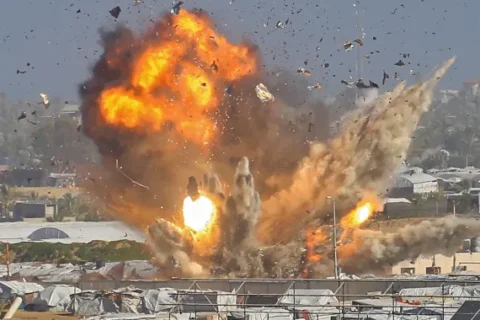Republic Of Palestine replicates the article published this January 2 in People’s Dispatch, by Ana Vračar.
Photo: Attack on Kamal Adwan Hospital. Source: WHO
The destruction of Kamal Adwan Hospital in northern Gaza has pushed healthcare to the brink of collapse, as freezing temperatures and ongoing Israeli attacks kill more Palestinians.
“Kamal Adwan Hospital is no more,” stated Dr. Mustafa Barghouti during a webinar organized by the People’s Health Movement (PHM) on December 28, 2024. As he spoke, reports of the latest Israeli attacks on the hospital were still emerging. These included the near-total destruction of its laboratory, storage, surgical units, and other critical facilities, alongside the arbitrary detention of its director, Dr. Hussam Abu Safiya.
The devastating outcome was all too predictable, given Israel’s systematic assaults on Gaza’s healthcare system during the ongoing genocide. A recent UN report on the destruction of healthcare in Gaza highlights yet again how such attacks are part of a deliberate strategy to destroy the region’s medical infrastructure, leaving health services at the brink of collapse at best.
Less than a week after the destruction of Kamal Adwan Hospital, the scenario outlined in the report is now playing out for the umpteenth time. Among the most pressing challenges, in addition to the already dire humanitarian crisis caused by months of blockade of food, medical supplies, and humanitarian aid deliveries, is the fact that Al-Awda Hospital—now the only remaining hospital functioning even marginally in this part of Gaza—has lost access to the medical oxygen previously supplied by Kamal Adwan. This has left even more critical patients without essential care.
“The closure and destruction of Kamal Adwan Hospital have wiped out Gaza’s last source of medical gas production, crippling essential services such as intensive care and neonatal incubators. These are vital for sustaining operations at Al-Awda Hospital in Tel Al-Zaatar,” wrote Awda Association’s director Rafat Ali Al-Majdalawi in a statement released on December 28.
The destruction of Gaza’s neonatal care
Children, particularly newborns requiring incubators, are among the most vulnerable to the destruction of Gaza’s healthcare system by Israeli attacks, including Kamal Adwan Hospital. Before October 7, 2023, almost 60% of neonatal beds were concentrated in northern Gaza, according to UNICEF. With these facilities obliterated, families with newborns are now forced to rely on just a few remaining beds, which are operating at many times their intended capacity.
A severe shortage of child health specialists compounds the crisis caused by the destruction of infrastructure. As stated by United Nations agencies, this leaves young children “far more exposed to the risk of hospital-acquired infections,” a situation worsened by “the lack of neonatologists and the presence of only a few pediatricians with limited expertise in neonatal care.”
On top of it all, the crisis is further fueled by the appalling living conditions in tent camps for the forcibly displaced, which have recently been ravaged by floods and cold temperatures. In the current circumstances, it is no surprise—rather a horrible, logical outcome—that both children and adults are dying from cold and hunger. “Once born, babies face immediate and extreme challenges: displaced in the cold of winter, without adequate access to warmth, shelter, or healthcare, as Israel continues to bomb Gaza and restrict essential supplies from entering the strip,” Doctors Without Borders (MSF) stated.
Capital’s new, genocidal phase
As of January 2, 2025, at least six children and one medic have frozen to death as a result of Israel’s war on Gaza. According to Dr. Mustafa Barghouti, Dr. Ghassan Abu-Sittah, and Amel Association’s Zeina Mohanna, speaking during the PHM-facilitated discussion, these deaths should not be dismissed as collateral damage. Instead, they argued, it should be recognized that Israel is deliberately killing Palestinian children by creating conditions in which they have no chance of survival.
Dr. Abu-Sittah framed the events in Palestine as part of a new imperialist attempt to redraw the map of West Asia in a way that serves Western interests. He suggested that Israel and its fascist government are being used as tools in this process. To allow the United States to focus entirely on its standoff with China, West Asia must be cleared of communities capable of resisting, Abu-Sittah explained—and Israel holds a central role in this strategy.
The scope of Israel’s actions in Palestine extends beyond healthcare, but it is critical to understand the strategies used in Gaza’s health sector as a warning of what could unfold elsewhere, the speakers warned. This new “genocidal phase of global capital,” as Dr. Abu-Sittah describes it, has designated healthcare as a key point of attack. For those outside Palestine, particularly in the Global South, the devastation in Gaza serves as stark evidence that genocide is being wielded as a tool of imperialist war—one that capital will not hesitate to deploy in other places, Dr. Abu-Sittah concluded.
This is true not only for genocide as an imperialist strategy but also for the specific methods of warfare seen in Palestine and Lebanon over the past 15 months. In earlier Israeli assaults, “we saw a lot of blood,” noted Zeina Mohanna. “Now we’re seeing people burning.” The deliberate maiming of civilians through tactics such as the so-called pager attack in Lebanon, along with Israel’s widespread use of white phosphorus and the alleged use of depleted uranium, poses a grave threat to human and ecological health for years to come. These actions are not incidental—they are calculated to achieve total eradication.
In the face of this looming danger, true solidarity between the Global South and those in the North who oppose Western imperialism must be strengthened further. Without such unity, the risk of widespread destruction remains ever-present. However, total annihilation does not have to be the destiny of Palestine, Lebanon, Yemen, Iraq, and other countries in the region, assured Dr. Barghouti. He emphasized that the “insistence on resistance” demonstrated by the people of Gaza over the past year offers a powerful example of how imperialist interests can be countered even in the most devastating circumstances.
Acknowledging that this goal may surpass the lifetimes of many involved in the struggle, Dr. Barghouti urged the movements worldwide to increase pressure for an immediate ceasefire. He also called for intensified efforts to support and implement Boycott, Divestment, and Sanctions (BDS) campaigns worldwide, channeling energy into actions that can challenge imperialist agendas and sustain the fight for justice in the long term.
People’s Health Dispatch is a fortnightly bulletin published by the People’s Health Movement and Peoples Dispatch. For more articles and subscription to People’s Health Dispatch, click here.
